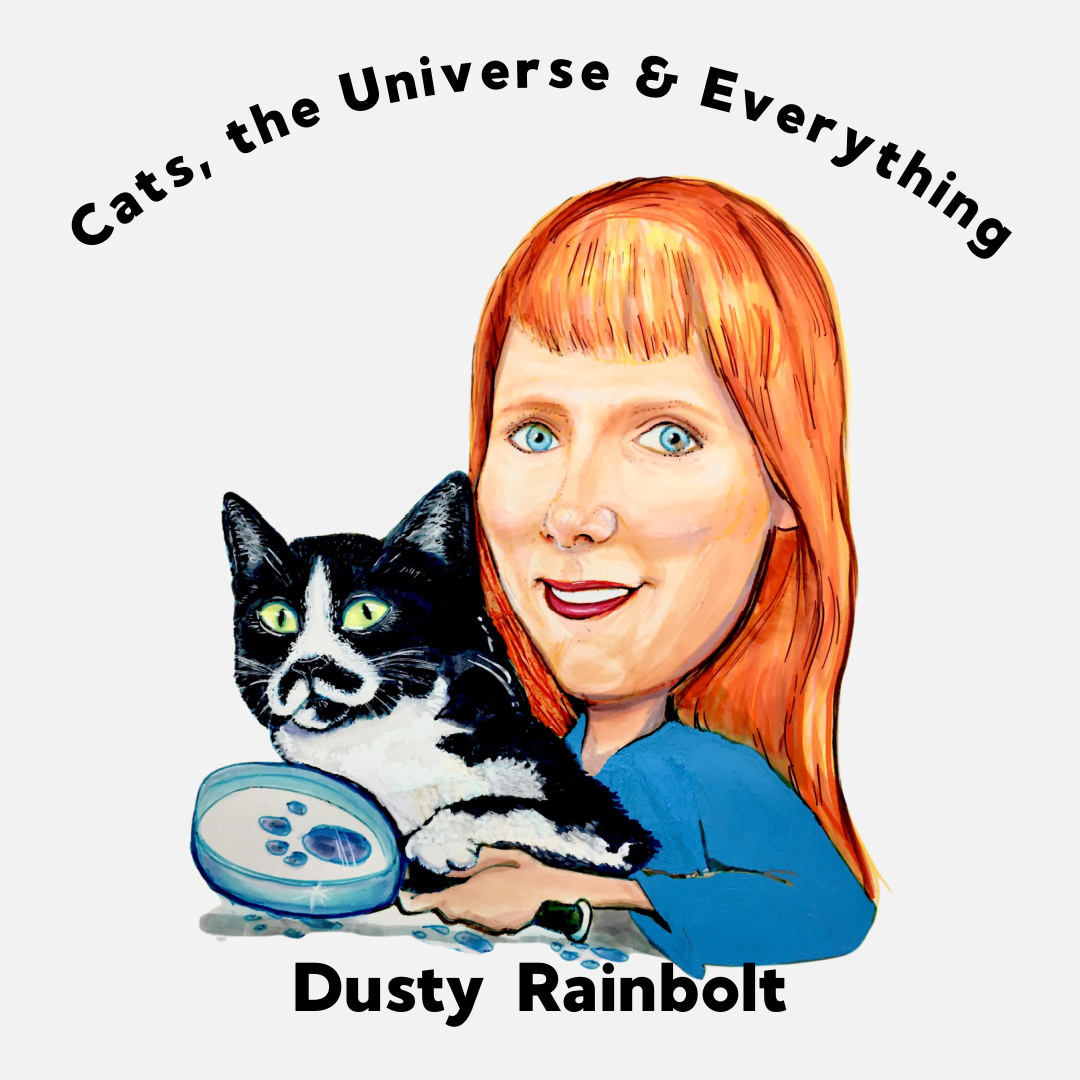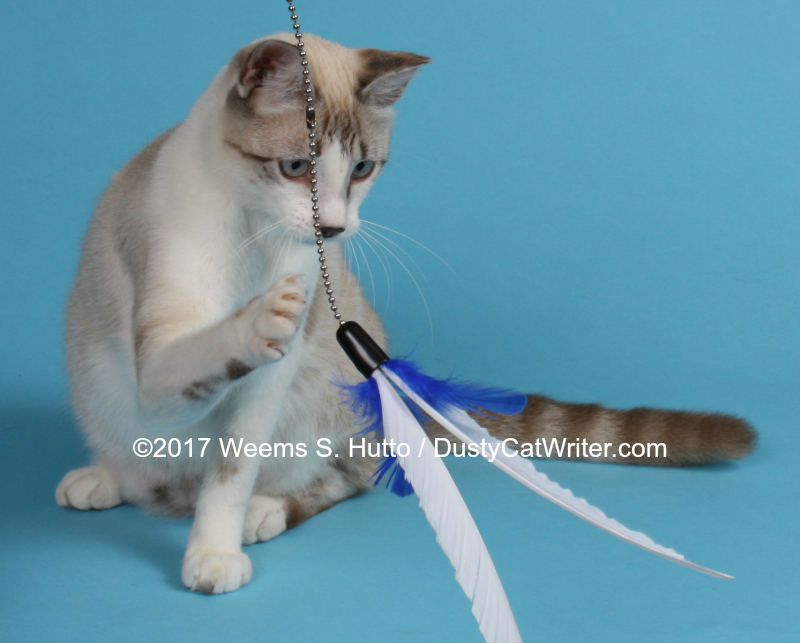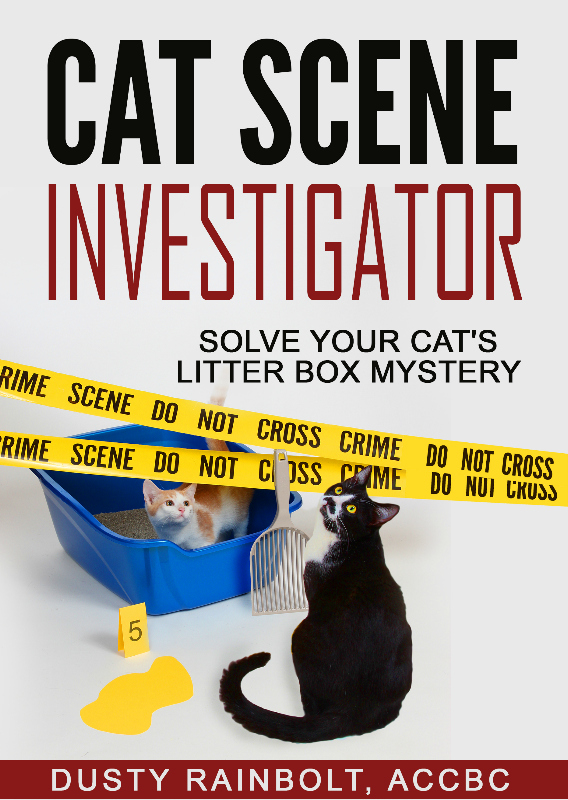Early drug trial shows promise as hypertrophic cardiomyopathy treatment
According to researchers at the University of California at Davis (UC Davis), there’s promise on the horizon for kitties struggling with hypertrophic cardiomyopathy (HCM). HCM is an inherited disease that causes the heart walls to thicken with potentially fatal consequences. The thickening of the ventricle (pump muscle), interferes with the flow of blood. This can cause the heart to beat too rapidly, too slowly or irregularly. The heart muscle can suffer from oxygen starvation that may cause heart cells to die.
In many HCM cases, fluid may accumulate in the lung causing rapid or labored breathing, open-mouthed breathing, or lethargy. Many HCM cats appear to be perfectly healthy with no observable symptoms. In some cats, the first hint of a problem is sudden death.
HCM occurs in one in 500 humans. It’s also the most commonly diagnosed cardiac disease in kitties, affecting a staggering one in seven cats. HCM is more prevalent in some cat breeds including Maine Coons and Ragdolls.
lack of treatment for hypertrophic cardiomyopathy Cats
Currently there is no cure or therapy that can change the course of the HCM. Veterinarians can only treat the symptoms with medications that are used to prevent blood clots, improve blood flow, control heart rate and reduce fluid accumulation in the lungs. According to the study, septal myectomy, a surgery that removes the portion of the septum obstructing the flow of blood from the left ventricle, can improve the symptoms and heart function, but it’s invasive, expensive and can only be performed by a specialist.
The heartbreak of cardiomyopathy
MeiMei, a white and brown tabby was rescued off the street by Brooklyn cat behavior consultant, Beth Adelman. When MeiMei was around 3 years, she was diagnosed with HCM. Adelman and their veterinary cardiologist treated the disease as aggressively as possible. “She took all the medications that humans take. The disease progressively got worse,” Adelman said. While medication treated MeiMei’s symptoms, it couldn’t halt the progression of the disease. Still, MeiMei survived a miraculous six years.
Spot wasn’t as lucky, The Siamese-mix suddenly began displaying signs of illness when he was a few weeks shy of one year. An echocardiogram confirmed her vet’s fear; Spot suffered from an advanced case of HCM. Like Adelman, Spot’s owner also treated the disease aggressively as possible, however Spot lost his struggle only one month later.
Hope on the horizon
Now that we’re all depressed about the bad news; here’s the good news. In a breakthrough “proof of concept” trial involving five HCM cats, researchers found that the drug MYK-461 eliminated left-ventricle obstruction in all the test kitties. The study, supported by a National Institute of Health grant, was published December 14, 2016 in the scientific journal PLOSONE. This novel drug is the first in its class and actually addresses the functional changes that occur in human and feline HCM, rather than simply reducing the symptoms.
“This is an exciting discovery for both animals and humans,” Associate Professor Joshua Stern. He is chief of Cardiology Service at the UC Davis Veterinary hospital. “The positive result in these five cats shows that MYK-461 is viable for use in cats as a possible option to halt or slow the progression of HCM.”
“There has been little to no progress in advancing the treatment of HCM in humans or animals for many years,” Dr. Stern said. “This study brings new hope for cats and people.”
With such promising results, UC Davis researchers hope to conduct a clinical trial in the near future, which could determine if MYK-461 has the potential to become the accepted protocol for the care of cats with HCM.
Have you lost a human or feline friend to hypertrophic cardiomyopathy? Tell me about them in the comments below.
About Dusty Rainbolt
Author Dusty Rainbolt is an award-winning veterinary journalist according to her answering machine. She is an associate certified cat behavior consultant and member of International Association of Animal Behavior Consultants, as well as past president of the Cat Writers’ Association. Her books, columns, reviews and articles have been honored with more than 50 writing awards including three-time recipient of Friskies Writer of the Year. Her just-released cat behavior book, Cat Scene Investigator: Solve Your Cat’s Litter Box Mystery, is the consummate guide for dealing with a cat who sidesteps his/her appointed toilet. CSI, which provides science-based methods for determining the medical or behavioral causes of feline inappropriate elimination, teaches cat parents to view their cat’s litter box avoidance through the eyes of a detective to determine the cause and, ultimately, the remedy.















I lost my boy in July to this. He survived 8 months on medication but in the end he couldn’t go anymore.I pray this works and saves other from this horrible illness and not just for the kitties but people too.
This is great news, great hope, for people who live with cats with this disease. Thanks for bringing this study to everyone’s attention!
My son and I have almost lost our persian cat (7 yo). He is now on medication (dehydration and to prevent blod clotting) He doesn’t feel sick and is allowed to go out during the day now (14 days after the first attack). He has a strange huge thick ball in the septum, protruding into the left ventricle, where it causes problems for the valves of the left atrium. The other part of the septum is not that much thickened at all…
You can follow him (the cat) on instagram: #diegofaceslife, which I started a bout a year ago.
I ran into your site while researching HCM… I am definitely going to research MYK-461!!
I already ran into fibrosis as a process in HCM (i.e. healthy cells have died and the body forms scar tissue… but it doesn’t stop making scar tissue)
So now I’m also looking for treatment of fibrosis in other tissues and other diseases. F.i. diabetes can cause fibrosis in the heart as well.
It has to do with RHo inhibitors like Fasudil (pretty toxic) and FSD-C10; but I must say MYK-461is much more advanced in testing and developed specifically for HCM…
I’m going to contact the cardiologist of my cat and the Veterinary dept of the University where Diego spent time in the ICU to see what they know and are willing to try. It’s in theNetherlands , which has it’s own rules about medicines
Thx for sharing
Jo
Diego was misdiagnosed, his heart is slowly healing. So much now that he is off medication as of today. Transient Myocardial Thickening is rare. It mimics HCM..
But Diego seemed to recover from his attack, so I had a 2nd ultrasound done today and it seems he had TMT, not HCM. It might be due to medicine, OR …the symptoms for which this medicin was prescribed were early symptoms of heart failure, due to an infection. .